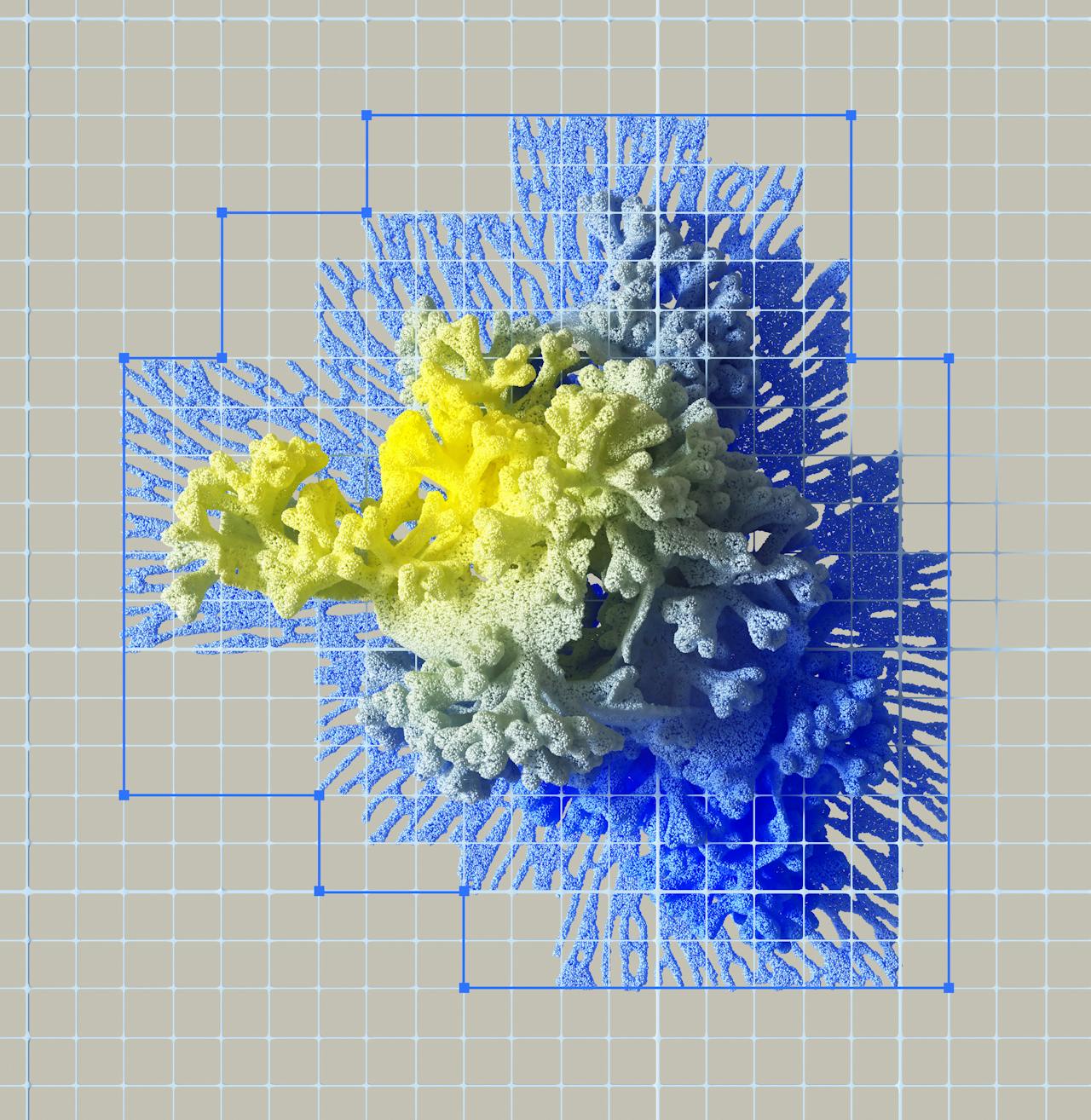Biobased materials are on the rise: Watch these spaces
Imagine a future where materials are made from renewable ingredients harvested from our local surroundings: potato skins, fruit peels, and coffee grounds from homes and businesses, woody branches and leaves pruned in city parks, mussel shells and fish scales collected from seafood processors, and regeneratively farmed seaweed bailed up from offshore aquatic farms. These diverse resources are broken down to a common set of material building blocks – cellulose, chitin, starch, glucose – and used as fossil-fuel alternatives to make packaging, textiles, and other products.







.png)



.jpeg)





.jpg)



.png)



.png)







.jpg)



.jpeg)

.png)
